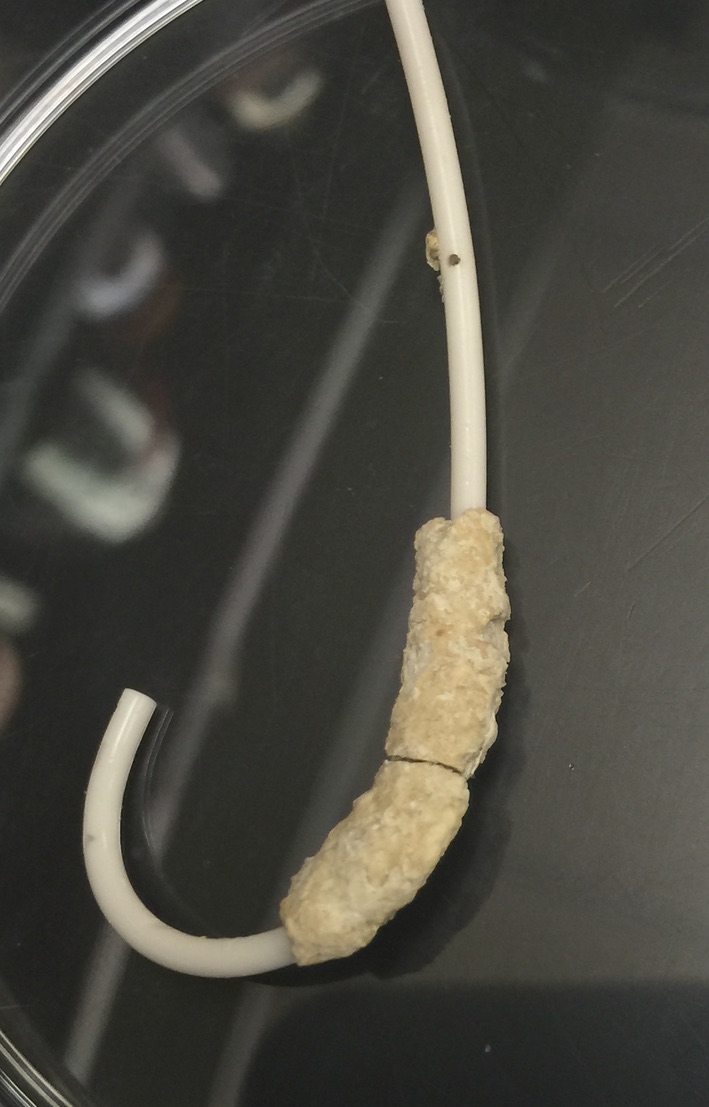If the results of a new study hold true, further research could lead to more personalized care for patients with kidney stones and more targeted or reduced use of antibiotics.

Researchers at Lawson Health Research Institute and Western University in London, Ont., say the results of a new study are challenging long-held beliefs “that the urinary tract is a sterile environment devoid of bacteria.”
The study focused on ureteral stents, which are hollow devices placed in the ureter — the tube between the kidney and bladder — to help relieve urinary obstruction on a short-term basis. The stents often “become encrusted with minerals and coated with bacteria” that can lead to infections or the need for replacement surgery.
“We wanted to know which bacteria were present and whether the bacteria found in urine samples corresponded to the bacteria found on a patient’s stent,” said Kait Al, a postdoctoral fellow at Lawson and at Western’s Schulich School of Medicine & Dentistry.
“We found that there was a bacterial community present on almost all stents, even if they were not visibly affected, and that it differed from the bacterial community found in a patient’s urine.”

Get weekly health news
Researchers say the kind of bacteria they found appeared to be associated with an individual’s medical condition and differed significantly based on other existing health issues, like irritable bowel syndrome, obesity or hypertension. Additionally, researchers say the use of antibiotics within the previous 30 days did not seem to impact the kind of bacteria seen on the stents.
For patients needing replacement surgeries, the team found that the bacterial community from one stent to the next remained stable. Researchers believe infections on an earlier stent “could direct the course of treatment for their future device placements,” according to a release.
The study, published Tuesday in Cell Reports Medicine, involved 241 patients at St. Joseph’s Health Care London and involved researchers collecting and analyzing patient urine samples and ureteral stents following surgical removal, and took into account patient information like history of infection and antibiotic use.
“This is the largest study of its kind, investigating bacteria both in urine and adhered to ureteral stents,” states Hassan Razvi, a urologist at St. Joseph’s, Lawson associate scientist and professor at Schulich.
“We hope this will be the first step towards personalized care, ultimately leading to fewer stent-associated infections.”










Comments
Want to discuss? Please read our Commenting Policy first.